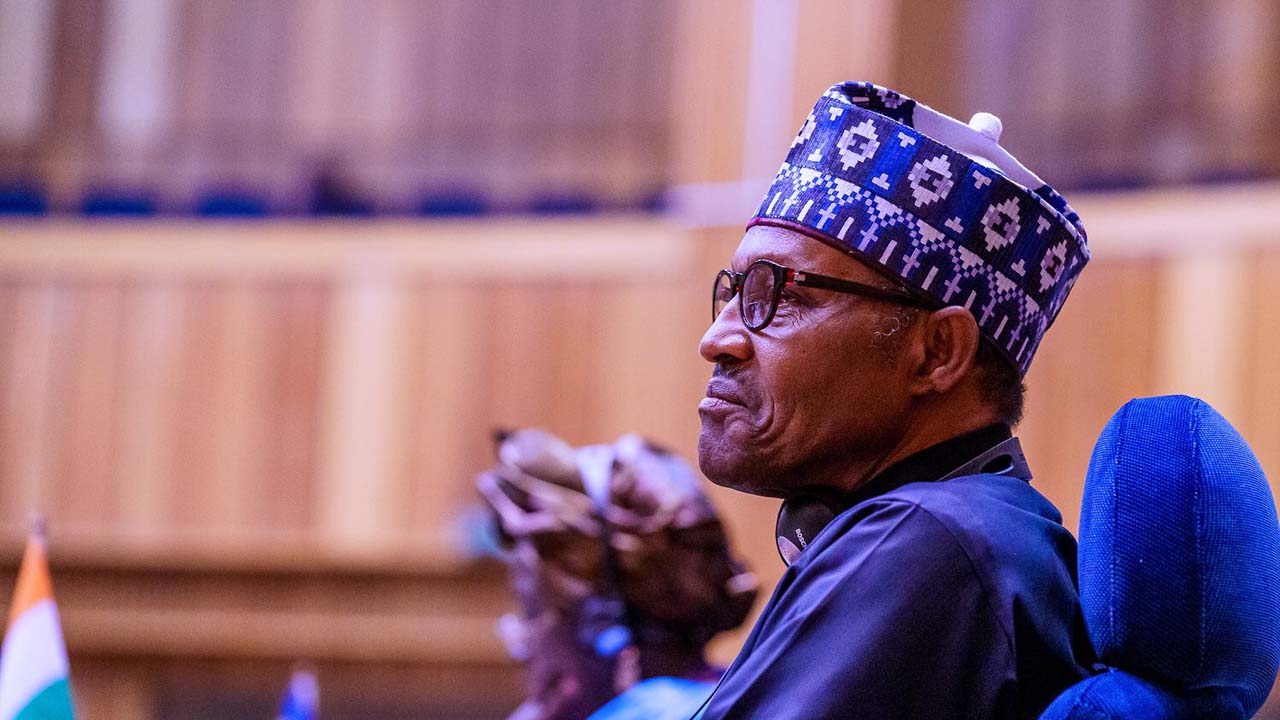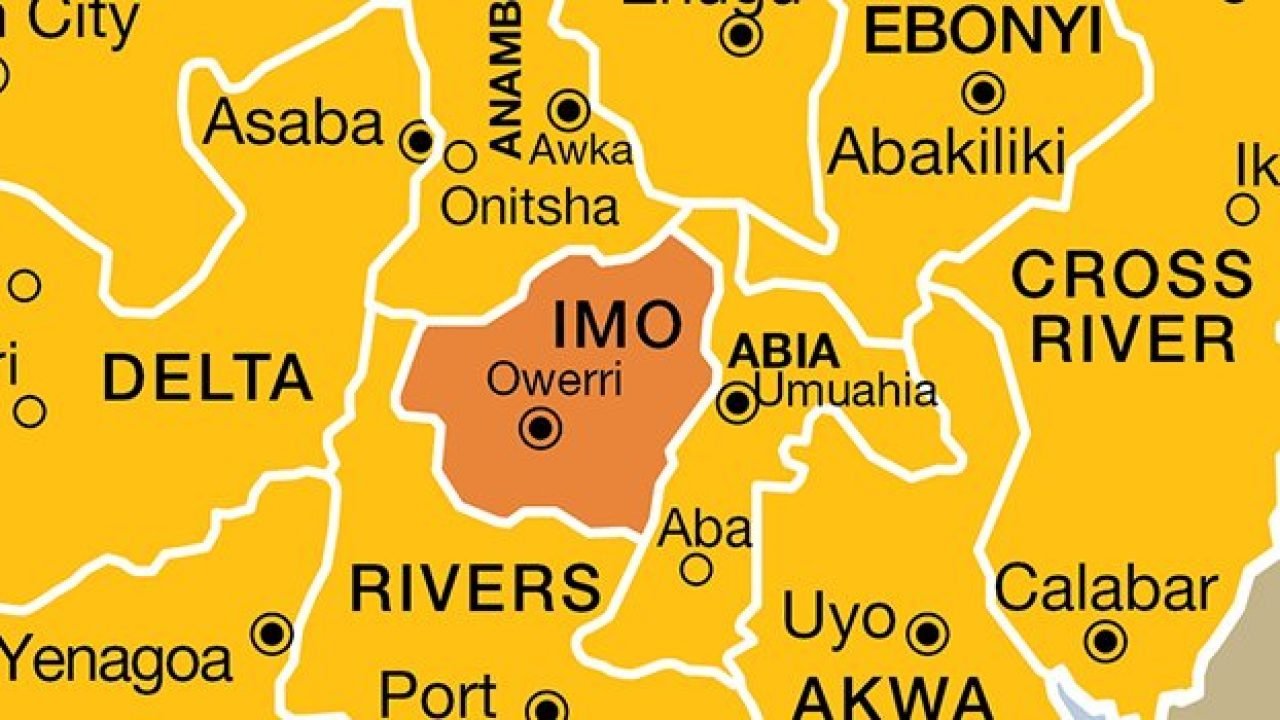Nigeria’s unending resort to local and foreign borrowings to fund budget deficits and infrastructural projects has been of concern to the Nigerian public in recent times.Some stakeholders have expressed concern that the borrowings by both the Federal Government and state governments, if unchecked, could create an avoidable debt burden for future generations.
The Debt Management Office (DMO) recently announced that the country’s public debt, which stood at N39.55 trillion as at Sept. 2021, was now N41.6 trillion. The amount represents the total external and domestic debts of the Federal Government, the 36 state governments and that of the Federal Capital Territory (FCT).Findings by the News Agency of Nigeria (NAN), however, reveals that the total debt stock is likely to exceed N45 trillion before the year runs out, as the DMO plans to borrow additional six trillion Naira to finance the 2022 budget deficit. An analysis by the DMO pegs the overall deficit in the 2022 budget at N6.30trillion, representing 3.46 per cent of the country’s Gross Domestic Product (GDP).
A breakdown of Nigeria’s public debt stock shows that 37.82 per cent is external, while the balance of 62.18 per cent is domestic. However, with the country’s national debt in relation to Gross Domestic Product (GDP) ratio at 22.80 per cent, some analysts suggested that the debt situation was still within reasonable limits. According a study conducted by the World Bank, a Debt-to-GDP ratio that exceeds 77 per cent for an extended period of time may result in an adverse impact on economic growth.But the huge revenue that goes into debt servicing still remains an issue of concern for many Nigerians.
Sometime last week, the Minister of Finance, Mrs Zainab Ahmed, disclosed that that between January and April the country generated a revenue of N1.63 trillion but expended N1.94 trillion in debt servicing. The figures were contained in the Draft Medium Term Expenditure Framework (MTEF) for 2023-2025, presented by the minister. That disclosure elicited diverse reactions from stakeholders, most of whom expressed displeasure about the debt situation. A member of the Monetary Policy Committee (MPC) of the Central Bank of Nigeria (CBN), Robert Asogwa, had earlier expressed worry over the rising debt, particularly the increasing accumulation of eurobonds in the external debt component.
According to Asogwa, the unexplained government preference of Eurobonds at high interest costs, with the associated exchange rate risk may likely hurt Nigeria sooner than anticipated. He said that poor revenue growth in a period of expanding government expenditures had continued to soar the budget deficit levels in the first quarter of 2022, similar to the trend witnessed in 2021.According to Dr Tope Fasua, an Economist, the government will need to optimise revenue generation to cut down on borrowings. Fasua urged the private sector to always cooperate with the government in its revenue drive rather that antagonize such initiatives.“The private sector kicks anytime government proposes a tax increase, no matter how insignificant. It has turned itself into an enemy of government, ” he said. He, however, disagreed with the DMO that Nigeria had a “revenue problem” and not a debt problem, while urging government to get its expenditure priorities right. “We have a debt problem, we have a revenue problem and we have an expenditure problem. “Right now we are just borrowing anyhow. We even borrow to service previous borrowings, ” he said.
Fasua urged the Federal Government to take concrete steps to boost its revenue generation so as to reduce budget deficits. “We can look at taxation. Nigerians pay the lowest taxes, like VAT, relative to most other countries. We seem to be resisting every attempt of government to generate revenue. “People who own buildings refuse to pay property tax, those who make capital gain on asset disposal refuse to pay capital gain tax. Nigerians pay some of the lowest amounts in alcohol taxes; in cigarette taxes and things like that. “The recently introduced tax on carbonated drinks is commendable but government should have been a bit more aggressive with it,” he said.
Mr Okechukwu Unegbu, a past President of the Chattered Institute of Bankers of Nigeria (CIBN), decried the huge deficit in the budget and the dependence on loans to fund it. He urged the government to look inwards by encouraging production and value addition to the various natural resources in the country, reduce importation and encourage consumption of locally made products. “Our debt servicing ratio is high; we are putting almost 70 per cent of our earnings on debt. This is worrisome,” he said. Also , the Lagos Chamber of Commerce and Industry (LCCI), in a recent report critiqued the Federal Government’s “over-dependence” on borrowings. The chamber said, in the report that staying within the current Debt-to-GDP threshold was an unreliable means of calibrating Nigeria’s current debt burden.
According to the LCCI, government must review its borrowing parameters on the basis of the country’s Debt-to-Revenue ratio, which currently calls for concern. However, the DMO Director-General, Patience Oniha, said that the Federal Government was aware of the country’s relatively high Debt Service-to-Revenue ratio and had published the figures over the years. According to Oniha, the increased public debt includes new borrowings by both the Federal Government and state governments.“N2.57 trillion will come from domestic sources, N2.57trilllion from foreign sources, N1.16trillion from multilateral and bilateral loan drawdowns and N90.7billion from privatization proceeds. “Recurrent (non-debt) spending, estimated to amount to N6.9 trillion, is 40 per cent of total expenditure and 20 per cent higher than the 2021 budget. “Aggregate capital spending of N5.96 trillion is 35 per cent of total expenditure,’’ she said. She said that the 2022 aggregate Federal Government spending was projected at N17.1 trillion, which is 18 per cent higher than the 2021 budget. The director-general added that debt servicing in the 2022 budget was N3.6 trillion, amounting to 21 per cent of total expenditure and 34 per cent of total revenue.
She said that the country’s low revenue base and sole dependence on crude oil receipts were primarily responsible for the debt situation. She explained that the country did not really have a debt problem, but a revenue problem, adding that the government was already taking practical steps to improve revenue and reduce borrowings. “The primary reason for the high Debt Service-to-Revenue ratio is because Nigeria’s revenue base is low.
“Furthermore, the government is largely dependent on the sale of crude oil as a major revenue source. “We agree that measures to increase revenues should be initiated by the public sector,” she said. She added that the need to develop infrastructure, create jobs and grow the economy made it imperative for the country to borrow. She, however, said that the government was already taking steps to increase and diversify its revenue sources as well as reduce its dependence on borrowings. “Infrastructure development, job creation and economic growth in the face of relatively low revenues, require the government to borrow at least in the short term.
“The Federal Government is already implementing measures to increase and diversify revenues and subsequently, lower Debt Service-to-Revenue ratio. “Among these initiatives are the Strategic Revenue Growth Initiative (SRGI) and the annual Finance Acts. “To reduce the level of direct borrowing, the government also actively engages the private sector to participate in infrastructure development through various initiatives such as the Infrastructure for Tax Credit Scheme. “The Federal Government also established the Infrastructure Corporation of Nigeria Limited and other Public-Private Partnership arrangements that are guaranteed by the government,” she said.
She said that if Nigeria had access to the volume of revenue some other African countries had, its debt situation would not be so burdensome. “If Nigeria, with a Revenue-to-GDP ratio of nine per cent generated revenues close to countries like Kenya, Ghana and Angola, its Debt Service-to-Revenue would be lower.
“Kenya has Revenue-to-GDP ratio of 16.6 per cent, Ghana: 12.5 per cent and Angola: 20.9 per cent. “This position is buttressed by the fact that the highlighted countries have higher Public Debt-to-GDP ratios. Kenya has 67.9 per cent, Ghana: 78.9 per cent and Angola: 136.5 per cent. “Compared to Nigeria’s 22.80 per cent, yet these countries record relatively lower Debt-Service-to-Revenue ratios due to their higher Revenue-to-GDP ratios,” Oniha said. She added that borrowings were essentially for Capital Expenditure and Human Capital Development as specified in the Fiscal Responsibility Act 2007.
According to her, the level of insecurity in the country has also resulted to increased borrowings. “Having witnessed two economic recessions, we have had to spend our ways out of recession, which contributed significantly to the growth in the public debt. “It is unlikely that our recovery from each of the two recessions would have been as fast without the sustained government expenditure funded partly by debt. “To compound matters, the country has technically been at war with the pervasive security challenges across the nation. “This has necessitated massive expenditures on security equipment and operations, contributing to the fiscal deficit. Defense and security sector accounted for 22 per cent of the 2021 budget,’’ she said. She emphasized that the most viable solution to the country’s fiscal challenge was to grow sources of revenue and plug all leakages. (NAN)






2 Comments